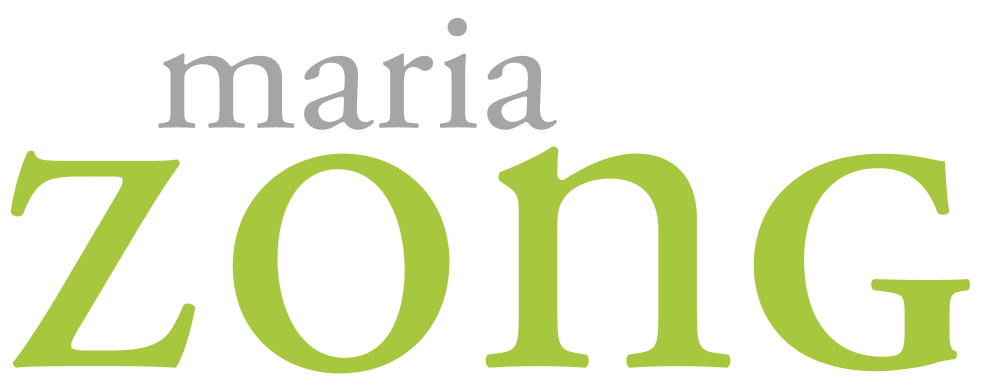Acupuncture
Home ➝ Acupuncture
History of Acupuncture Needles
Chinese doctors have been practicing acupuncture for thousands of years for a wide range of diseases and disorders. Acupuncture uses needles, so what are they and what is their history?
In 1963, a needle made from stone (known as bian shi 砭石) was unearthed in China, which is believed to be between 4,000 and 10,000 years old.
The materials which were used to make acupuncture needles were changed over thousands of years. They were made of animal bones, stone, bamboo and metal , eg, copper, iron, even gold or silver which might be only for the rich.
Today needles are made of stainless steel and are sterilized and individually packed. Please note: In my acupuncture practice I use only disposable needles for peace of mind.
Introduction of acupuncture to the world centuries ago
Acupuncture spread from China to Japan and Korea in the 6th century, and in the 17th century to Europe. Today, in Australia, acupuncture has become more and more popular.
How acupuncture works
One of the most basic theories of Traditional Chinese Medicine (TCM) is that there is a qi (气) energy flow in our bodies. Qi is type of energy that is essential to body function, and if there is a blockage or unbalance in the qi, problems such as diseases, disorders or pain will occur.
Acupuncture needles are placed at strategic points (acupuncture points) in the body’s energy meridians in order to regulate the flow of qi, and this can release the energy blockage or create a balance, which may restore health or relieve pain.
Is acupuncture a placebo effect?
Some articles have criticised acupuncture as a placebo effect. This surprises me, so I feel that I should express my point of view in my web site.
Acupuncture is not a placebo effect.
Nowadays, acupuncture is widely used on animals and it has been noticed that the animals’ conditions have improved after acupuncture treatment. If an animal’s condition can improve after acupuncture treatment, can anyone say that it is a placebo effect?
What conditions can respond well to Chinese Herbal Medicine/Acupuncture?
The following is a list of SOME of the conditions that may respond to acupuncture and/ or Chinese herbal medicine: (It is impossible for me to list every condition. If you are not sure, please ring or email me, I am more than happy to answer your questions.)
pain relief: skeletal/muscular pain, arthritis, Rheumatoid arthritis, sciatica, sprains, tennis elbow, frozen shoulder, sport injuries, car accidents, toothache, gout
respiratory system: common cold, dry cough, productive cough, chronic cough, tonic herb for respiratory system
allergy: hay fever, skin conditions
gastrointestinal system: stomach pain, stomach bloating, flatulence, constipation, diarrhea, nausea, vomiting, irritable bowel syndrome (IBS), celiac support
urogenital system: urinary tract support, frequency of urination
neurological conditions: trigeminal neuralgia, stroke sequelae, Bell’s palsy
skin condition: dermatitis, eczema, psoriasis, acne, rosacea
ear, nose and throat conditions: ear ache, ear discomfort, blocked ears, ringing ears, dizziness, Meniere’s disease, sinusitis, rhinitis, lose scene of smell with no organic cause, sore throat, tonsillitis, mouth ulcers
addictions: smoking, alcohol
period problems: irregular period, period pain, heavy period, premenstrual tension
menopause: hot flushes, sweating, sleeping disturbance
infertility: IVF assistance, people want to fall to pregnant naturally
pregnancy care: Morning sickness, correction of malposition of fetus,
headache, migraine
cosmetic: smooth wrinkles, pigmentation, hair loss, itchy scalp, dandruff
others: cold hands and feet, excessive sweating, immune support, sugar cravings, Chronic Fatigue Syndrome (CFS), insomnia, fungal nail problems

